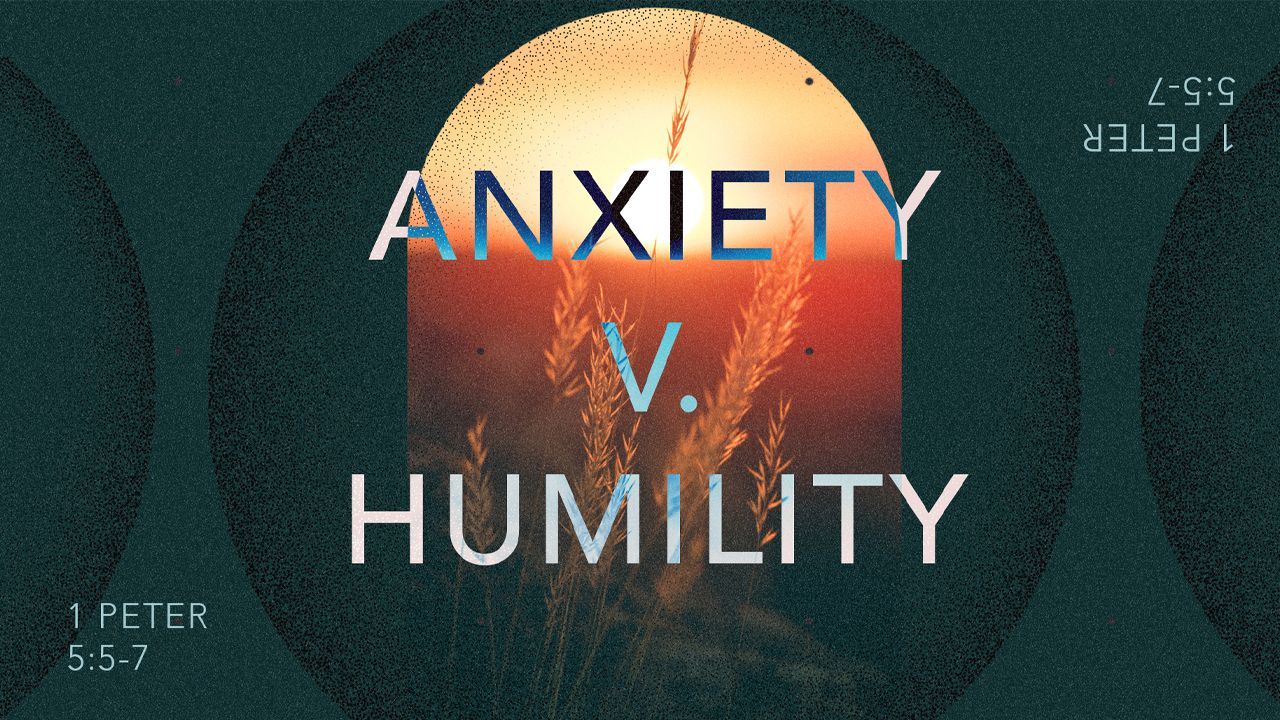Gospel for the Guilty
Notes from Lance Shumake's sermon on Sunday, March 10, 2024.
Sermon text: Romans Romans 3:9-20
Sin affects every part of us
The term for this is
total depravity. This doctrine does not hold that everyone is corrupt in
every way, nor does it deny that unbelievers can act lawfully. It means that the whole of human nature is fallen, that sin corrupts every faculty, and that our best deeds are tainted by imperfect motives.
—Daniel M. Doriani, Romans
Sin affects every one of us
We have no excuse before a holy God
We should not try to evade it by changing the subject and talking instead of the need for self-esteem, or by blaming our behavior on our genes, nurturing, education or society. It is an essential part of our dignity as human beings that, however much we may have been affected by negative influences, we are not their helpless victims, but rather responsible for our conduct.
—John R. W. Stott, The Message of Romans
We have no way to make ourselves right with God
People are imprisoned under the power of sin. The point is vital if we are to appreciate the need and power of the gospel. If people simply were sinners, then perhaps all they would need would be a teacher to inform them about what is right. But people are under sin. They need a liberator. And Paul will present Christ, through the power of God’s righteousness unleashed in the gospel, as just such a liberator.
—Douglas J. Moo, Encountering the Book of Romans
Discipleship Questions:
- All sin is a rejection of God. How do you see that being true in your life?
- How have you experienced sin’s effects in every part of your life?
- Why is it important to understand the universality of sin?
- What do you think Paul means when he says no one seeks God? Read John 6:44 and discuss.
- In what ways have you found yourself making excuses for your sin instead of owning it?
- Why is it so tempting to try to make excuses for our sin?
- What does this passage say to the person who thinks he can earn a right standing with God?
- How does it help us hear and receive the gospel when we understand the bad news first?





